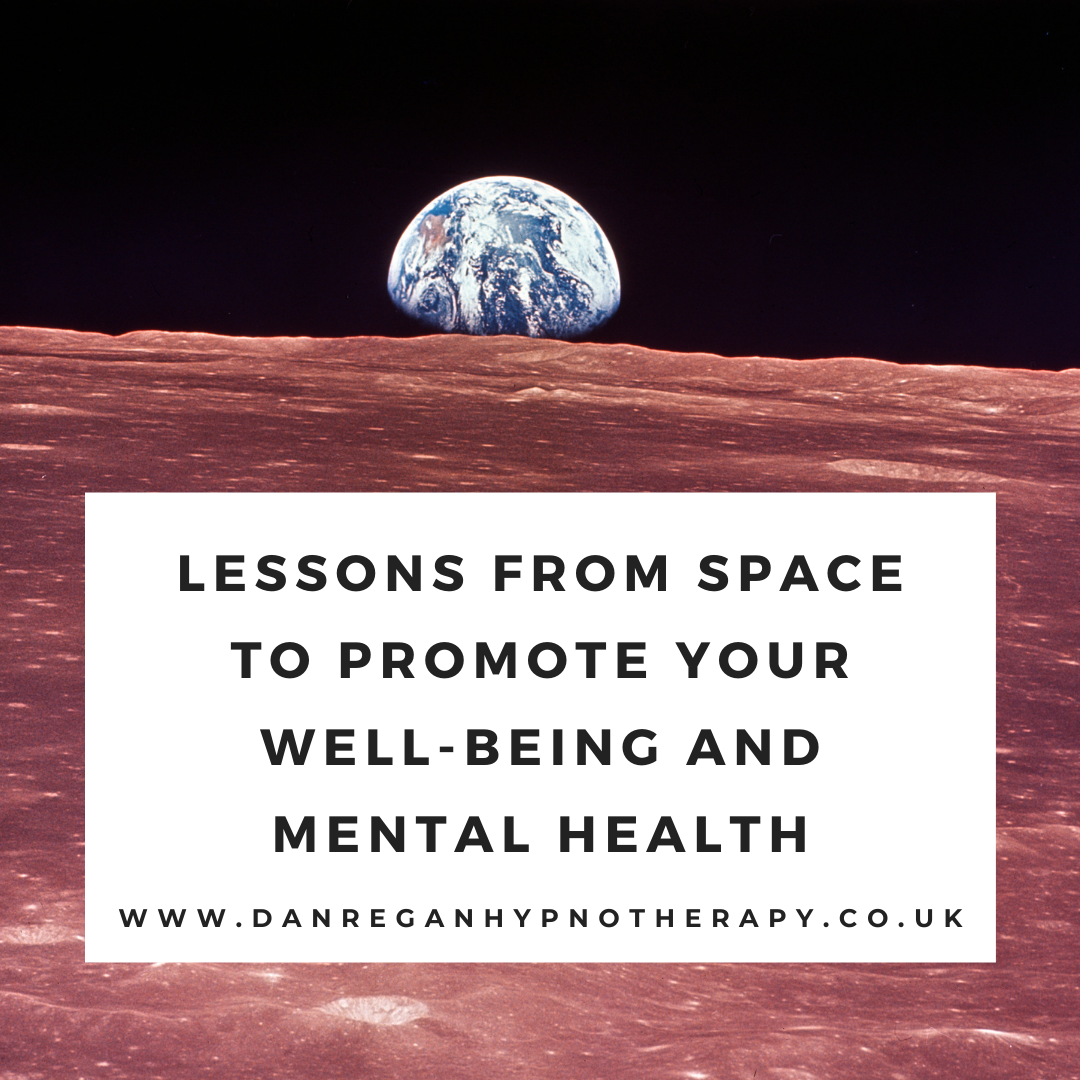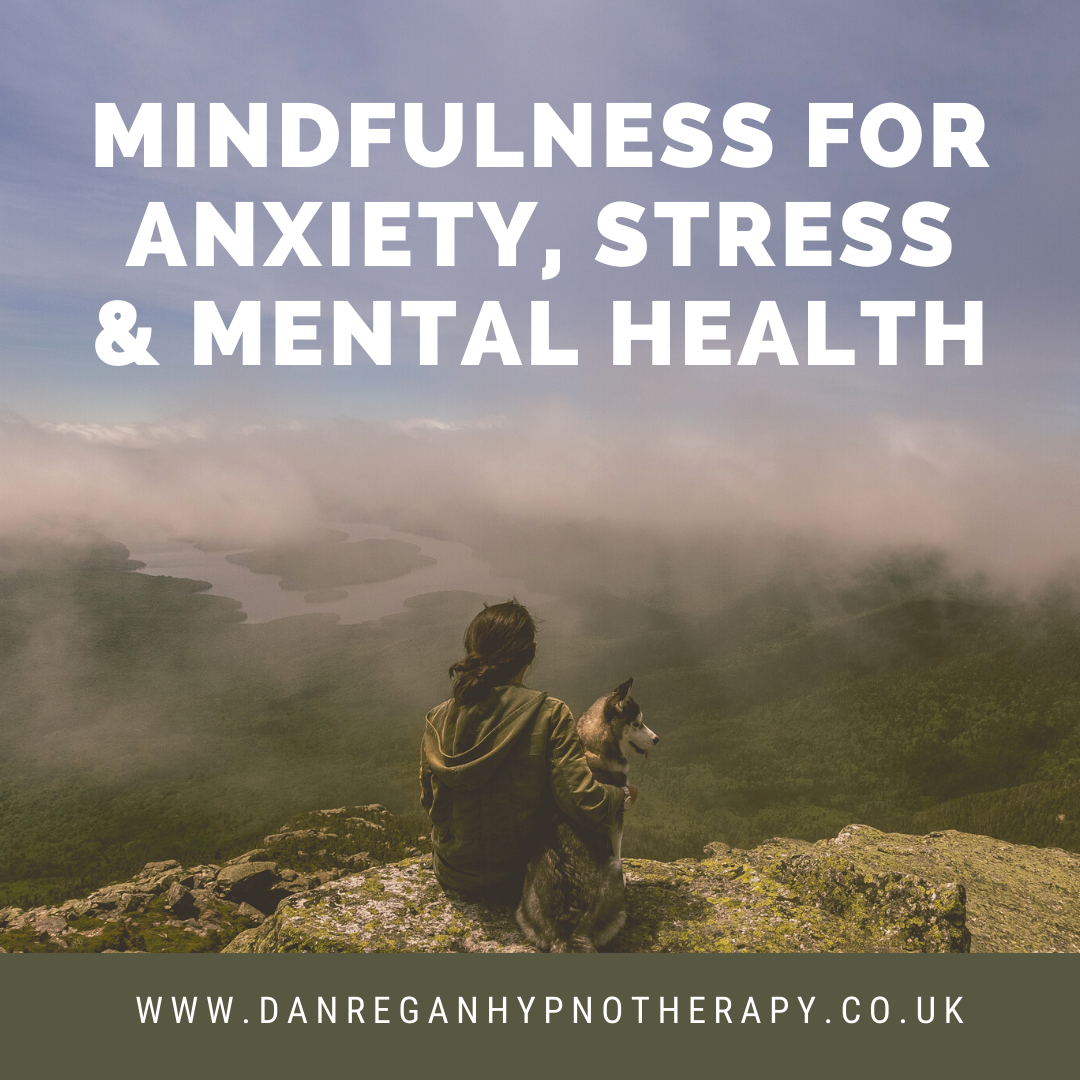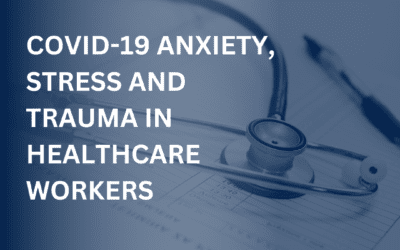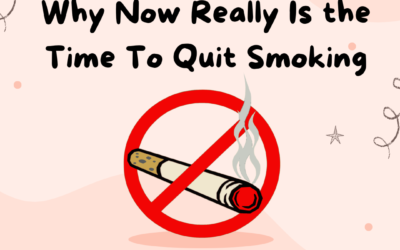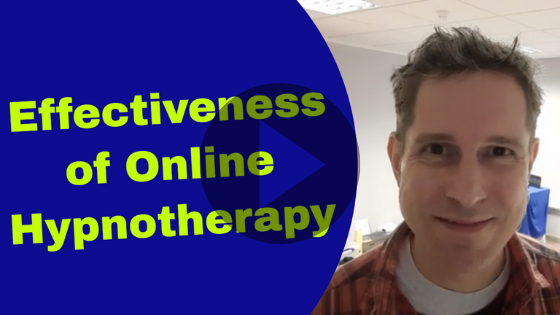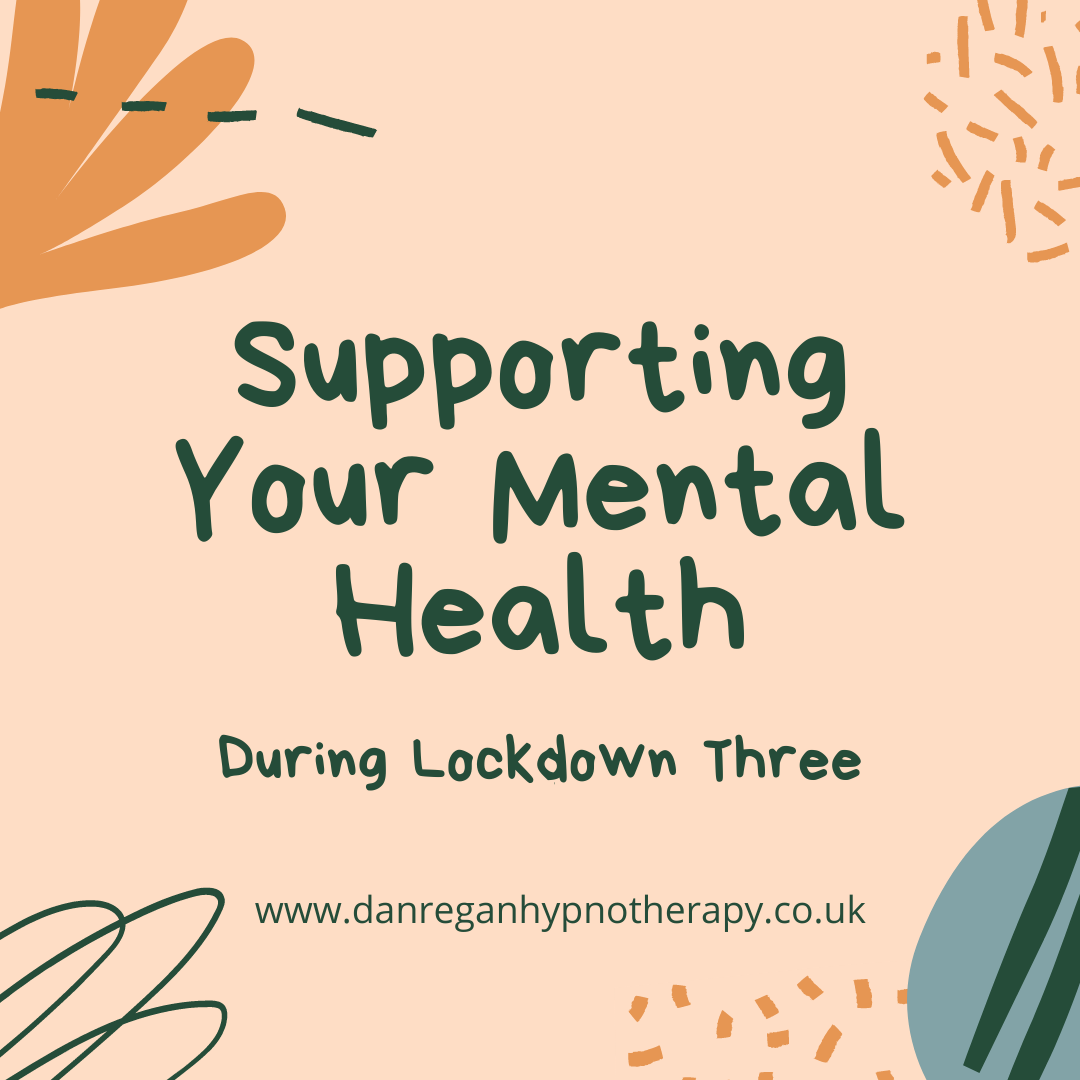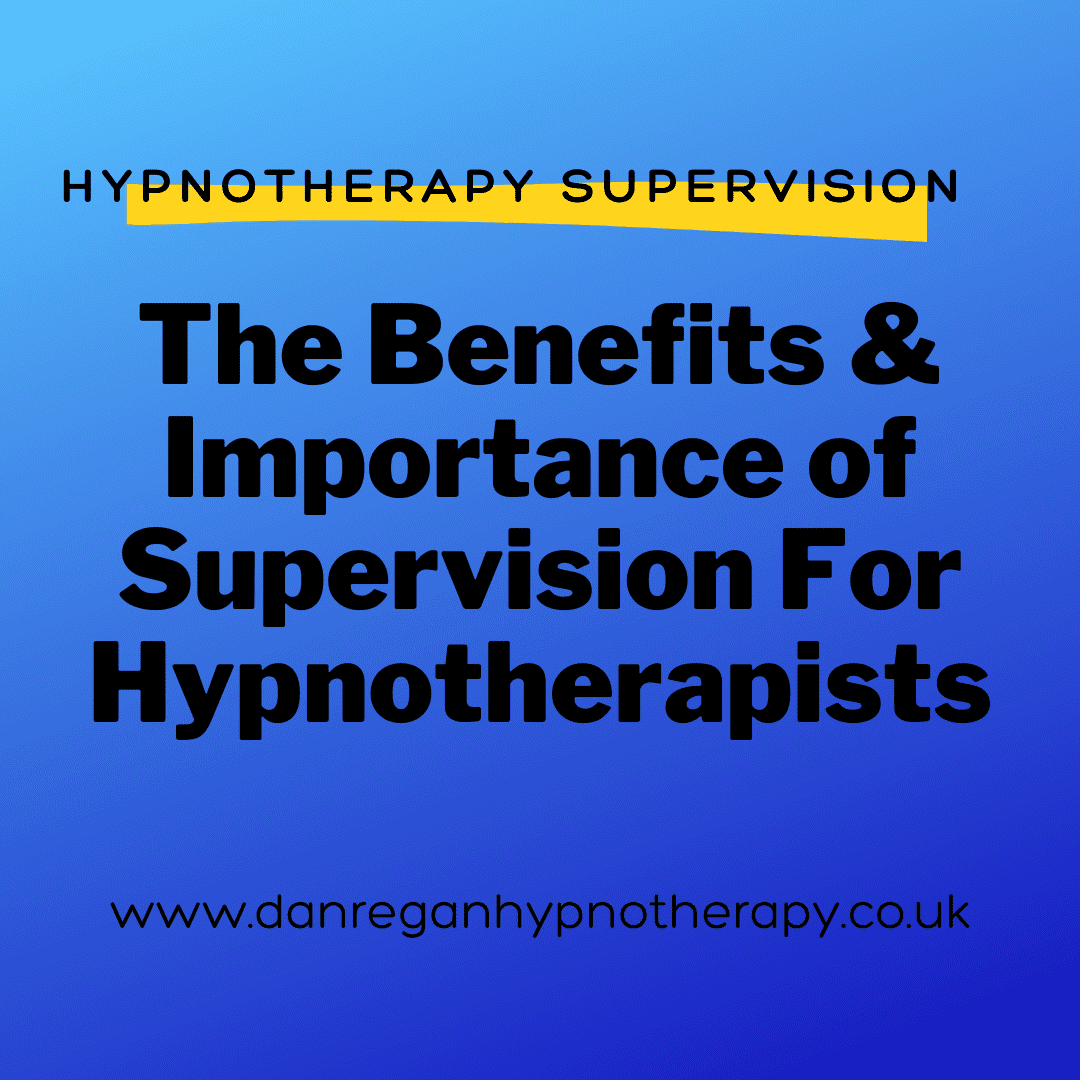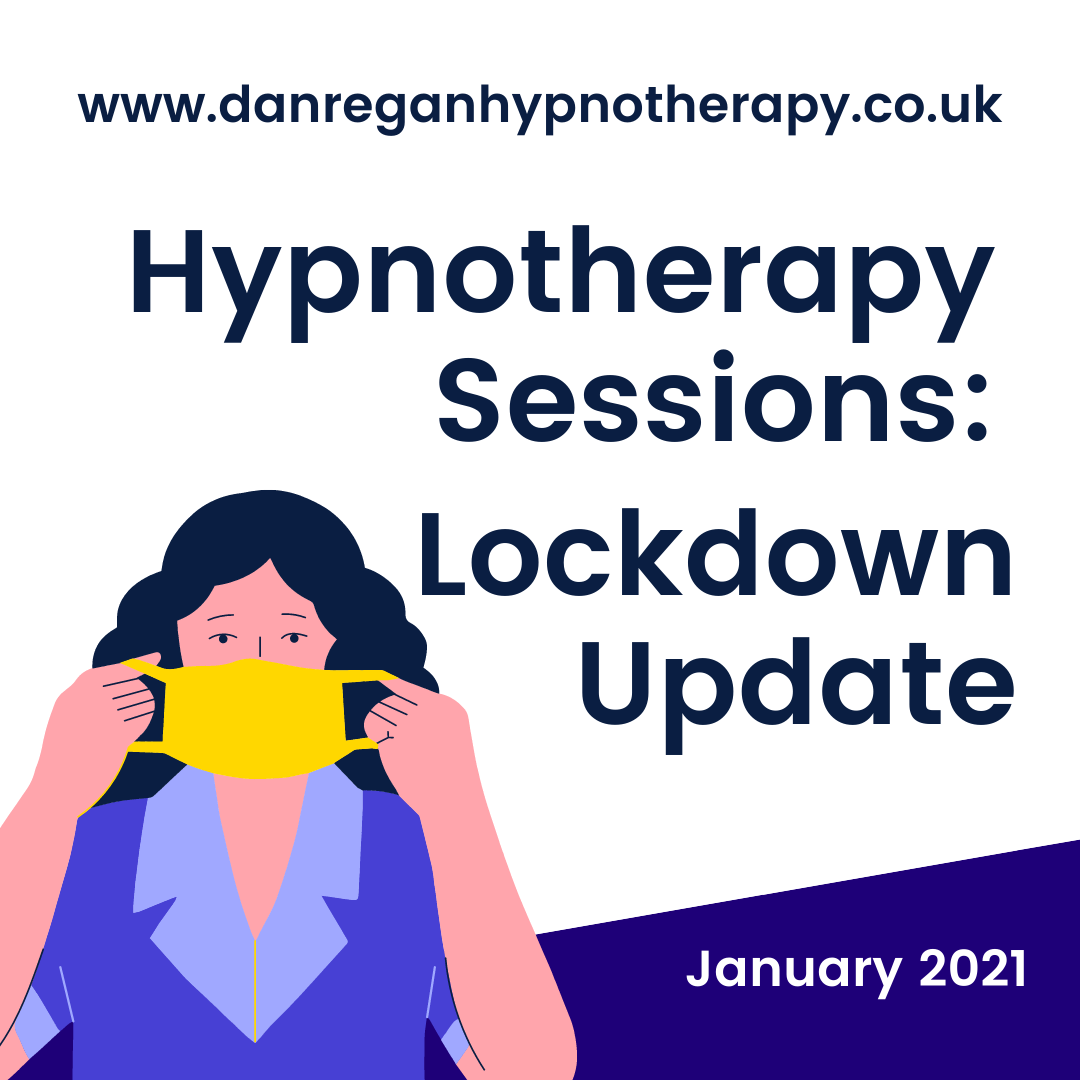Required
How To Promote Your Sense of Well-Being During The Covid-19 Pandemic
How To Promote Your Sense of Well-Being During The Covid-19 Pandemic
There’s little doubt that the Covid-19 pandemic has had an adverse impact upon mental health, and that is illustrated in data that has shown a rise in anxiety and depression levels for many years.
During the pandemic, restrictions and lockdowns you may have found yourself feeling more anxious, feeing low, stressed or worried, and have experienced a dip in your well-being and mood. I’ve covered before how things like sleep, alcohol consumption and self-esteem have also been impacted upon. All of the research, data and surveys have provided ample evidence of the current adverse impact upon mental health.
If you are struggling with anxiety, stress or worry, whether pandemic-related or otherwise, I’d strongly suggest looking through some of the articles here on my website for information, advice, strategies and things that you can do to support your own mental health and well-being. There are many steps you can take that can alleviate unwanted feelings and interrupt unwanted thoughts.
During stressful events that change our normal lifestyle and routines, we can find ourselves thinking back fondly on life before the pandemic, with a sense of loss or longing. Alternatively, you may just be focusing on each and every day and getting through it, or maybe savouring the better moments. Or you may find that you tend to look ahead and think about your life after lockdown.
When I work with clients, elements of thinking back, focusing on the present, and looking forward can all have benefits, if utilised in the right way. You can draw upon things that have gone well, successes, accomplishments and overcoming previous adversities to remind yourself that you are capable right now. It can be useful to focus on what is going right and the positives from each and every day to boost your mood and interrupt any tendency to only focus on issues and problems. And, inside your imagination, you can prime your mind for how you want to be thinking, feeling, acting and reacting in the future.
Thanks to some recent research, we now also know where you should direct your focus, and how, if you want to promote your well-being and feel better during the challenges of a lockdown. So would you benefit most from thinking back on things from before lockdown, paying attention to the present, or by looking forward to life after lockdown?


